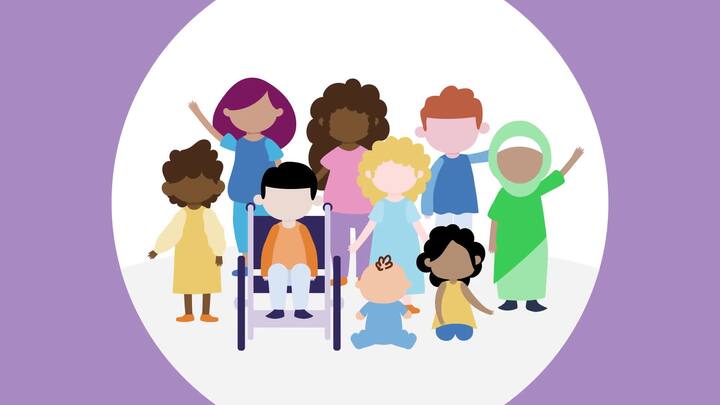First established in 2009 by the Illinois General Assembly, the Illinois Longitudinal Data System (ILDS) is a hub for secure access to data on Illinoisians’ early childhood, education, and workforce experiences, and a catalyst for informed decisions shaping the future of Illinois. Using technology to connect data across state agencies, the ILDS ensures that high-quality, appropriate, and timely data about learners and best practices from birth to career will be readily available, easy to use, and secure. The ILDS is also a governance system, aiming to streamline processes and reduce the burden of accessing high-quality, well-managed, and integrated data while fostering research collaboration within a protected space.
The vision for the ILDS is that Illinois educational and workforce practice and policy decisions are driven by a culture of data use and actionable information that supports strong, equitable outcomes and engages stakeholders.
Our Role
Starting in 2020 and ending in 2025, EdSystems staffed the ILDS 2.0 initiative with the involvement of the Governor’s office and eight state agencies. This initiative was designed to reinvent the technical approach to accessing data and streamline the processes for sharing data. Working with the Department of Innovation and Technology and other technical partners, the agencies worked to re-engineer the approach to data management and analytics.
Accomplishments of this effort included:
- A centralized technology platform that allows agencies to control access to their data using standardized processes.
- The development of a “standing dataset” – these are datasets ready to be used for analysis. The first dataset developed is a dataset that integrates participation data across early education programming in the state (including Head Start, which is a federal program run locally).
- The establishment of a data request process so that internal and external entities can request data from the ILDS.
- The development of an ILDS guidebook to document the processes for managing projects, data, and data requests within the ILDS.
- The oversight and management of a variety of legal documents, including data agreements between agencies and their data partners, the creation of a Data Access and Use template, and the development of a variety of vendor agreements.
- Coordinating various project development and governance activities, including managing vendors to share data with the state, partnering with the Illinois Early Childhood Asset Map and a design firm to support an inclusive design process for a refreshed IECAM, and leading the ILDS governance process.
This project was completed with the facilitation of a planning phase, which will hopefully serve as a foundation for the next iteration of the ILDS.
Blog Posts







